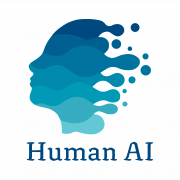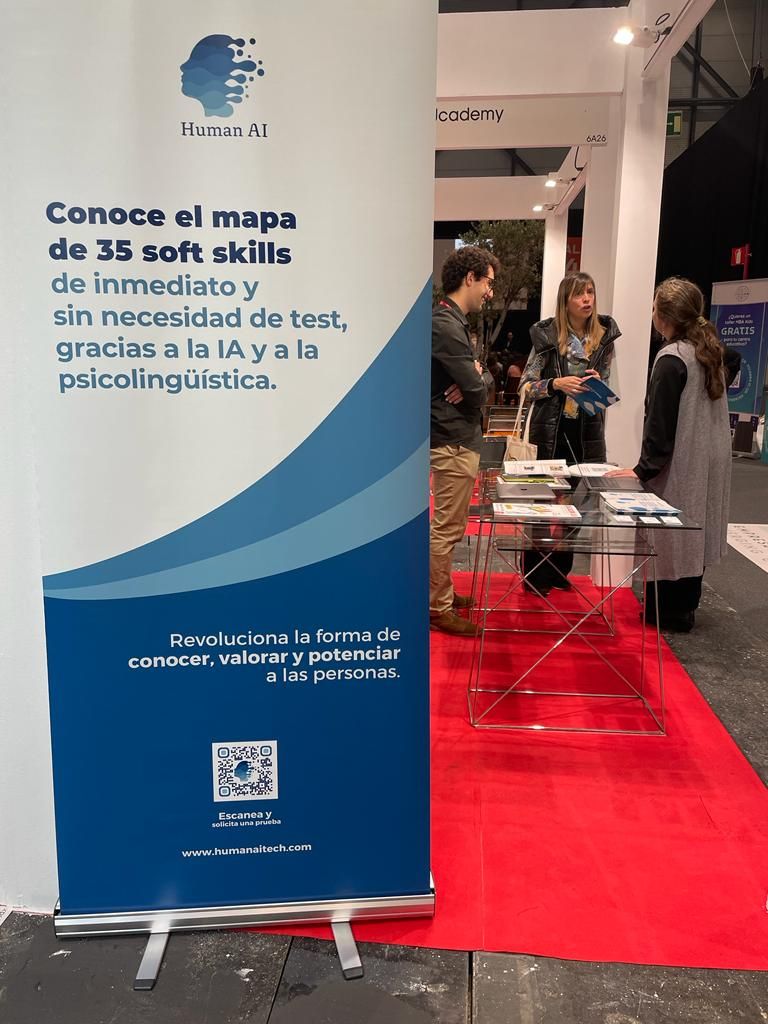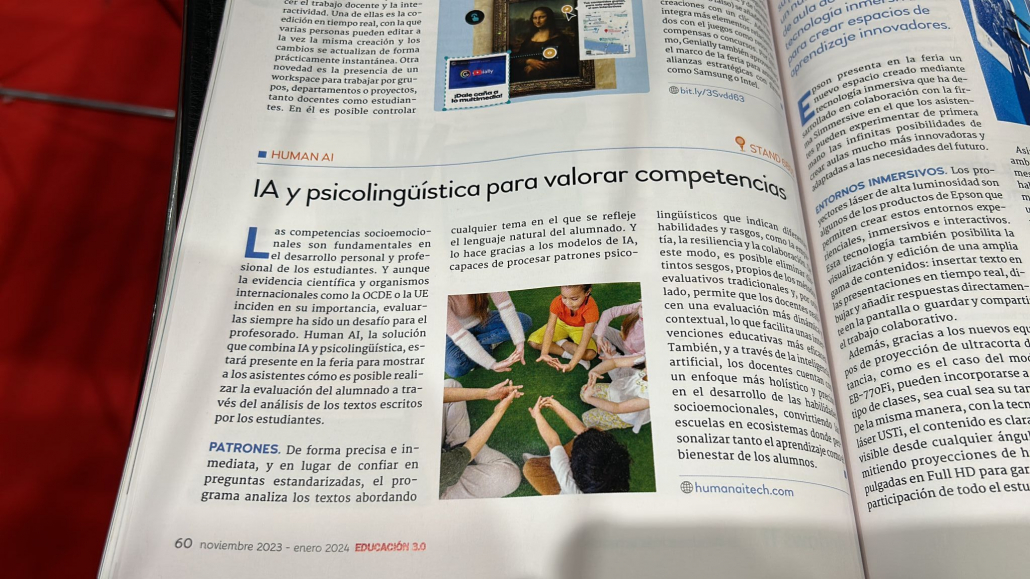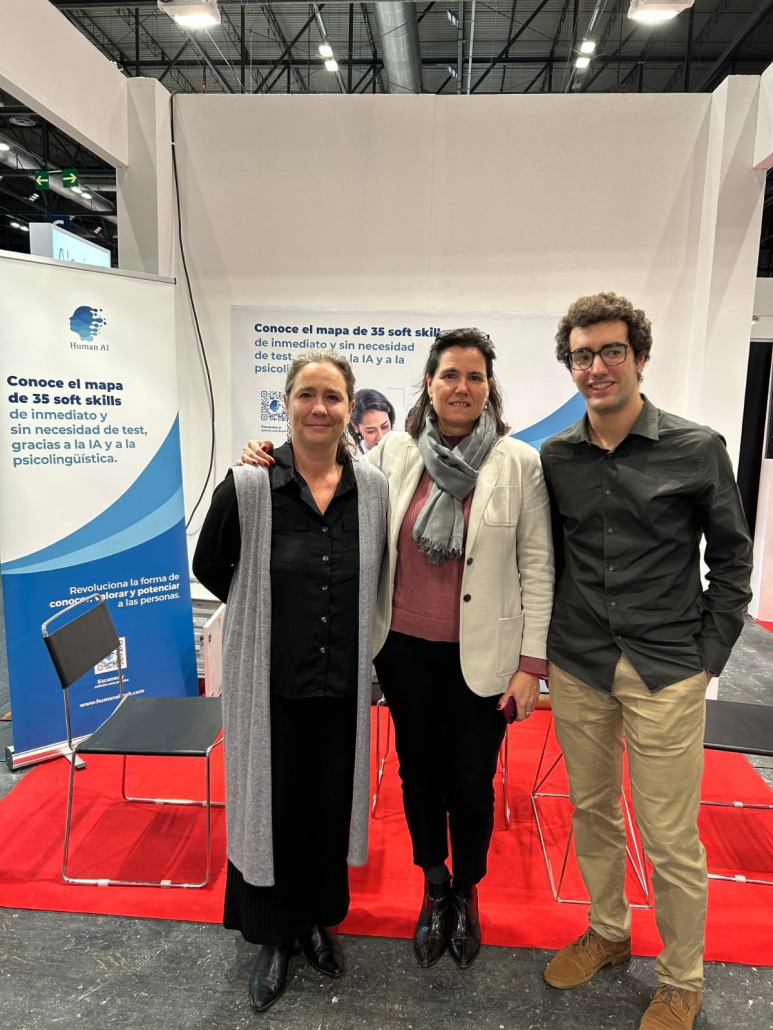Socioemotional competencies in sports performance
In the aspiration for sports performance, the importance of socioemotional competencies for both personal development and sports performance is increasingly recognized. Coaches are aware that physical and technical training is not everything, because they train not muscles, but people.
Competencies and performance
A resilient athlete, a communicative team, an empathetic coach… skills such as emotional intelligence, empathy, resilience and effective communication play a significant role in the sporting well-being of athletes both on and off the field. Sport contributes to both intra- and interpersonal development.
“Only 2% of test performance results were explained by people’s IQ, with non-cognitive skills being a relevant predictor.”
James Heckman, Nobel laureate in economics in 2000, he directs the Center for the Economics of Human Development at the University of Chicago.
Prominent sportsmen, coaches and psychologists consider that psychological and human variables intervene in the type of sports practice and the level of sports performance that the subject may present (Riera, 1985). Studies show that athletes with better performance present certain psychological characteristics that favor the achievement of the desired results, pointing out, among others, the ability to overcome anxiety and obstacles that arise, self-confidence, competitiveness, intrinsic motivation, the ability to avoid distractions or the ability to set goals and achieve them.
Those who have high levels of self-confidence are more likely to succeed than those athletes who have low levels of confidence (De Francesco & Burke, 1997; Gould et al., 2002; Pickens et al., 1996). Ryan and Deci (2000) suggest as key aspects for the development of a high motivation of the person, involving them in activities that involve the opportunity to make decisions themselves, developing their sense of competence and connecting with other athletes.
From research results, it is confirmed that Psychological Skill Training (PST) is converging towards better performance, with different approaches, such as stress management, anxiety control and coping. In addition, mindfulness and positive psychology studies emphasize the quality of life of athletes, so it is key that coaches and experts in sports psychology pay attention to improve the quality and human development of athletes to improve their performance.
A partir de los resultados de investigaciones, se confirma que la Psychological Skill Training (PST) está convergiendo hacia el mejor desempeño, con diversos enfoques, como el manejo del estrés, el control de la ansiedad y el afrontamiento. Además, los estudios de atención plena y psicología positiva enfatizan la calidad de vida de los atletas, por lo que es clave que los entrenadores y expertos en psicología deportiva presten atención en mejorar la calidad y el desarrollo humano de los atletas para la mejora de su rendimiento.
Some competences
- In the sports context, emotional regulation translates into the ability to manage stress, maintain concentration and regulate emotions during high-pressure situations. Athletes who possess a high level of emotional self-regulation are more likely to remain calm, make sound decisions and adapt quickly to change, which in turn improves their competitive performance.
- Athletes who exhibit empathy are more effective at building positive and strong relationships with their sporting environment. This fosters collaboration, effective communication and mutual support, creating an environment conducive to personal and collective growth, as well as constructive conflict resolution.
- Sport is full of challenges and adversity that affect athletes’ performance and confidence. It is in these difficult times that the competency of resilience comes into play. Resilient athletes are able to maintain a positive mindset, recover quickly from setbacks and use negative experiences as opportunities for growth. This not only strengthens their athletic performance, but also their ability to cope with challenges in other aspects of life.
- In team sports, effective communication is essential for collective success. Athletes who master this skill are able to convey their ideas, actively listen to their teammates and adapt their communication and strategy. Fluid and open communication promotes team cohesion, enhances joint decision making and favors actions on the field. It also helps prevent and resolve internal conflicts, creating a friendly and motivating environment for team members.
Recognizing the importance of these competencies and working on their development builds a more human, balanced and enriching sports environment in order to achieve sports performance and well-being.
If you are a sports professional or work in sports performance management, ask for our free demo of Human AI, an innovative tool at the service of knowledge, evaluation and personal development.














